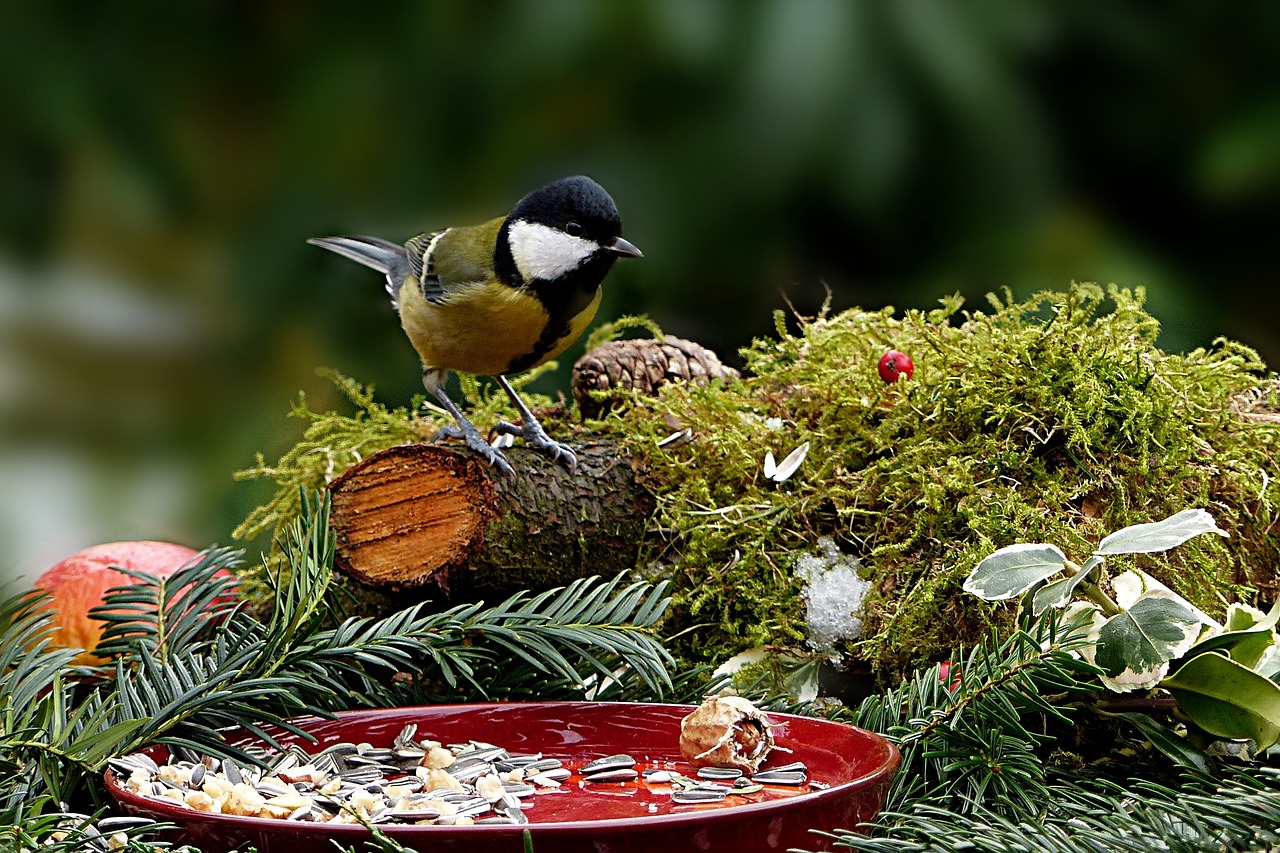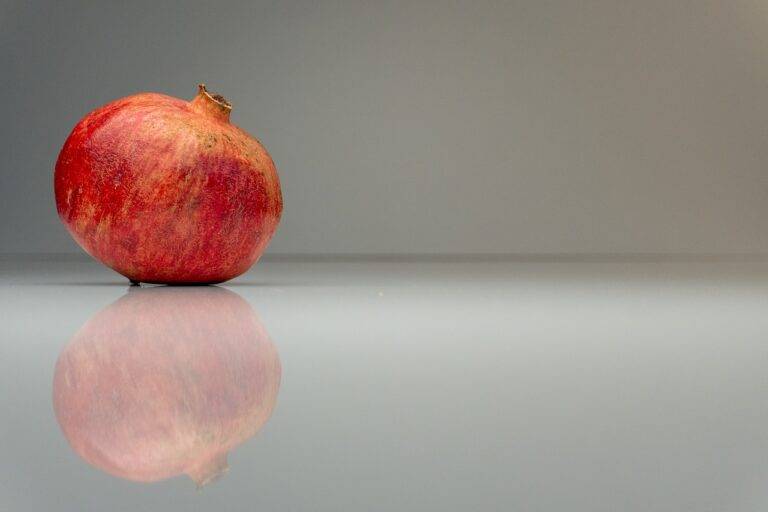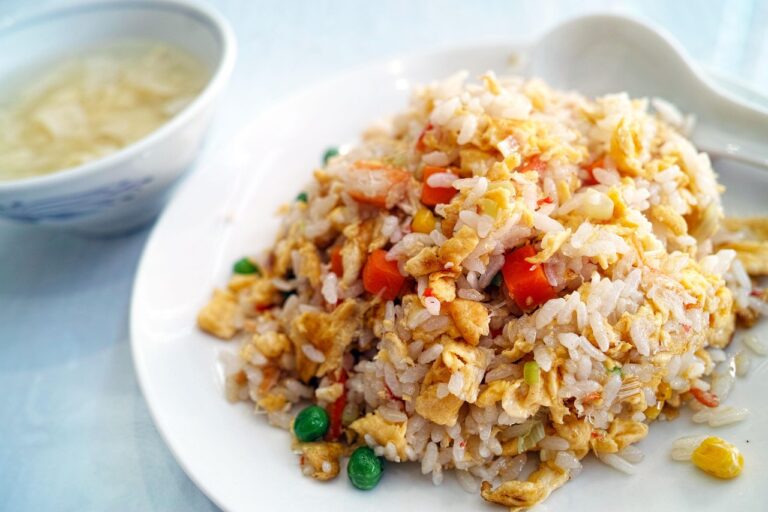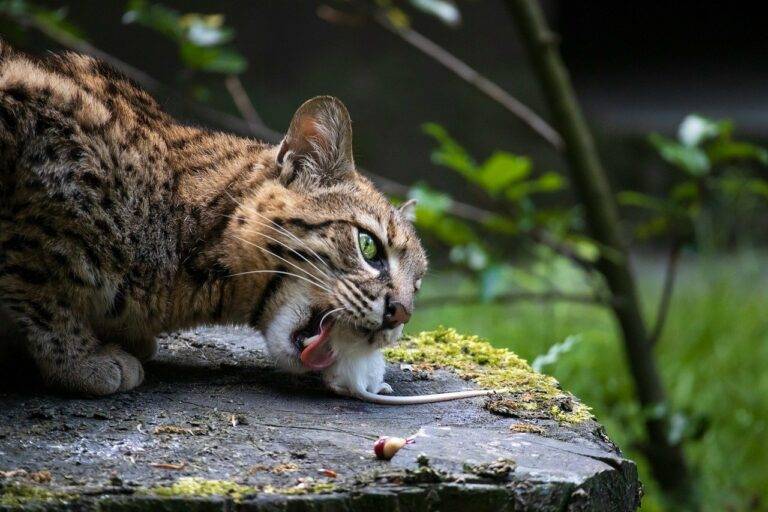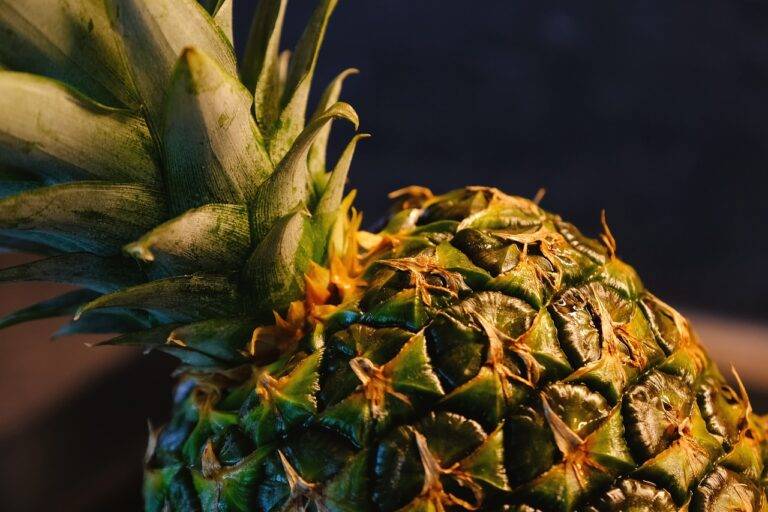The Influence of Cultural Heritage on Cocktail Ingredients: Rediscovering Traditional Flavors
11xplay reddy login, laser247, skyinplay exchange:The Influence of Cultural Heritage on Cocktail Ingredients: Rediscovering Traditional Flavors
Have you ever sipped a cocktail and wondered about the origins of its unique and exotic flavors? The world of mixology is a fascinating one, filled with a rich tapestry of ingredients and techniques that have been passed down through generations. In recent years, there has been a growing trend in the cocktail world to rediscover and incorporate traditional ingredients from various cultures into modern drinks. This trend is not only a nod to the past but also a way to celebrate the diverse and unique flavors that different cultures have to offer.
Cultural heritage plays a significant role in shaping the ingredients that are used in cocktails. Different cultures have their own traditions when it comes to food and drink, and these traditions often influence the flavors that are considered to be desirable. For example, in countries like Mexico and Thailand, ingredients such as chili peppers and lemongrass are commonly used in both food and drink. These bold and spicy flavors have now made their way into cocktails, adding a new dimension to the drinking experience.
One of the most exciting aspects of incorporating traditional ingredients into cocktails is the opportunity to experiment with new and unexpected flavors. Mixologists are constantly on the lookout for unique and interesting ingredients to incorporate into their creations, and traditional flavors offer a wealth of possibilities. From exotic fruits and herbs to obscure spices and botanicals, the world of traditional ingredients is a treasure trove waiting to be explored.
Not only do traditional ingredients add depth and complexity to cocktails, but they also help to tell a story. Each ingredient has its own history and cultural significance, and by using them in cocktails, mixologists are able to create drinks that are not only delicious but also meaningful. When you sip a cocktail made with traditional ingredients, you are not just tasting a drink – you are experiencing a piece of history and culture.
In recent years, there has been a resurgence of interest in traditional ingredients in the cocktail world. Bartenders and mixologists from around the globe are rediscovering forgotten flavors and techniques, and incorporating them into their creations. This trend has led to a newfound appreciation for the diverse and unique ingredients that different cultures have to offer.
So the next time you order a cocktail, why not ask your bartender about the ingredients that are used? You may be surprised to learn about the cultural heritage behind your drink and the stories that each ingredient has to tell. And who knows – you may just discover a new favorite flavor along the way.
—
The Influence of Cultural Heritage on Cocktail Ingredients: Rediscovering Traditional Flavors
The Role of Traditional Ingredients in Cocktails
Exploring the World of Traditional Ingredients
A Toast to Diversity: Celebrating Different Cultures Through Cocktails
Mixing the Past and Present: The Art of Incorporating Traditional Flavors
Crafting Cocktails with Cultural Heritage: A Look into Mixology
The Future of Cocktails: Embracing Tradition in a Modern World
FAQs:
Q: Are traditional ingredients more difficult to work with in cocktails?
A: While traditional ingredients can sometimes be more challenging to source and work with, they also offer a unique and rewarding experience for mixologists looking to push the boundaries of flavor.
Q: Can I incorporate traditional ingredients into my home cocktails?
A: Absolutely! Experimenting with traditional ingredients at home is a fun and creative way to expand your mixology skills and discover new flavors. Just be sure to do your research on how best to use each ingredient.
Q: How can I learn more about traditional ingredients in cocktails?
A: There are many resources available online and in books that can help you learn more about traditional ingredients and their cultural significance. Consider taking a mixology class or attending a cocktail workshop to further expand your knowledge.

